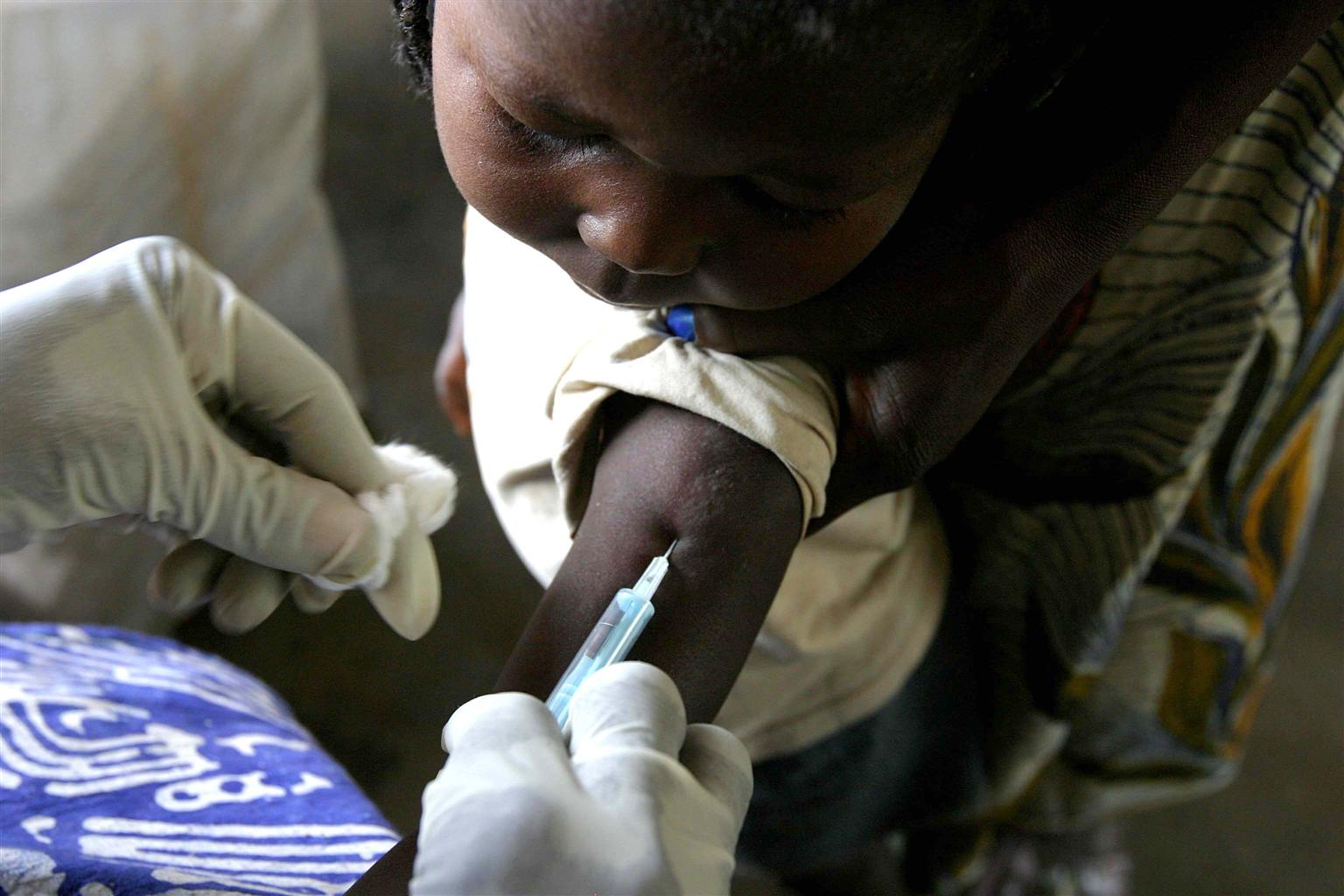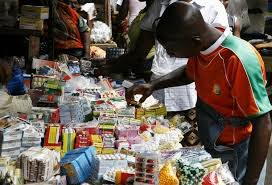
UNICEF Moves Against Yellow Fever In Ekiti State
A World Health Organisation (WHO) State Technical Officer, Ekiti State, Mr. Ayomide Aibinuomo, who described yellow fever as a killer disease, said it had claimed the lives of many people in the northern part of the country, but with low level of spread in the South.
The WHO expert spoke at the weekend in Ado-Ekiti during a seminar organised for stakeholders to work out modalities for the 10 days vaccination programme against the spread of the scourge in Ekiti State beginning January 24 to February 2, 2020.Aibinuomo said that the introduction of the intra-muscular vaccination became expedient following 24 suspected incidences recorded in the last years.
He said that available statistics indicated that six confirmed cases were recorded out of 18 suspected issues of yellow fever attack in 2018 while six were recorded in 2019 accordingly.
“We have 24 suspected cases in Ekiti between 2018 and 2019. We have met with traditional, religious and educational institutions to partner us to spread the gospel of anti-yellow fever across all the 177 wards in the state.
“The vaccine has no adverse effect. It is free and can be taken by anybody except those with immuno-compromised cases like HIV, pregnant persons and nine to 44 years are the most vulnerable, that is why they are the target, but those above the age can be attacked,” he said.
Aibinuomo stated that to aid sensitisation across the state, 177 ward mobilisers sponsored by the state government and 85 town announcers have been hired to complement the awareness being produced by traditional media.
Also, a health officer at the Ekiti State Primary Healthcare Development Agency, Mrs. Ajayi A.A, said the health workers would ensure that all the vulnerable citizens are captured in the exercise.



